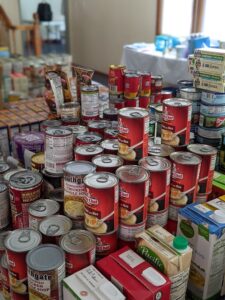
TORONTO – After a year of continuous hikes, the “key” interest rate finally stops. In fact, today the Bank of Canada decided to keep it unchanged, while clarifying that it is still ready to raise rates further depending on how the intensity and the economy progress. In any case, for now the official rate of the Canadian central bank remains at 4.5%. →





